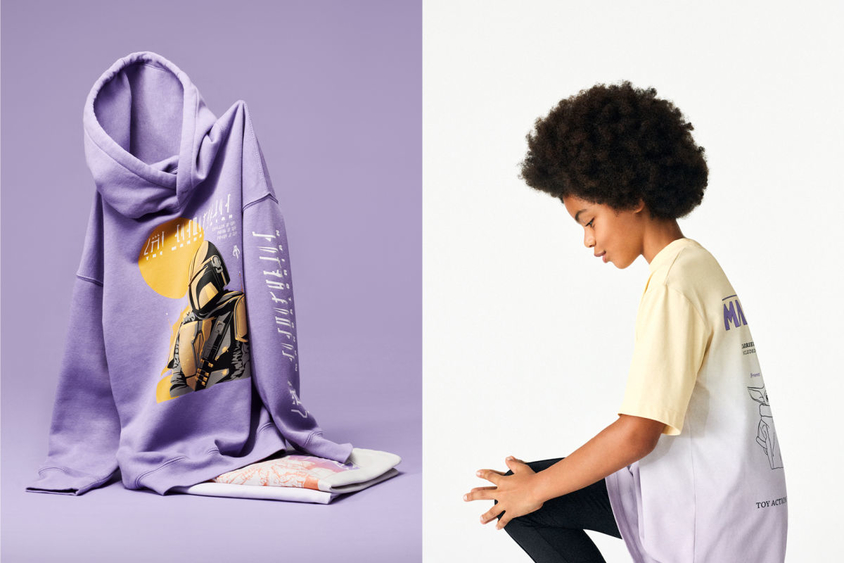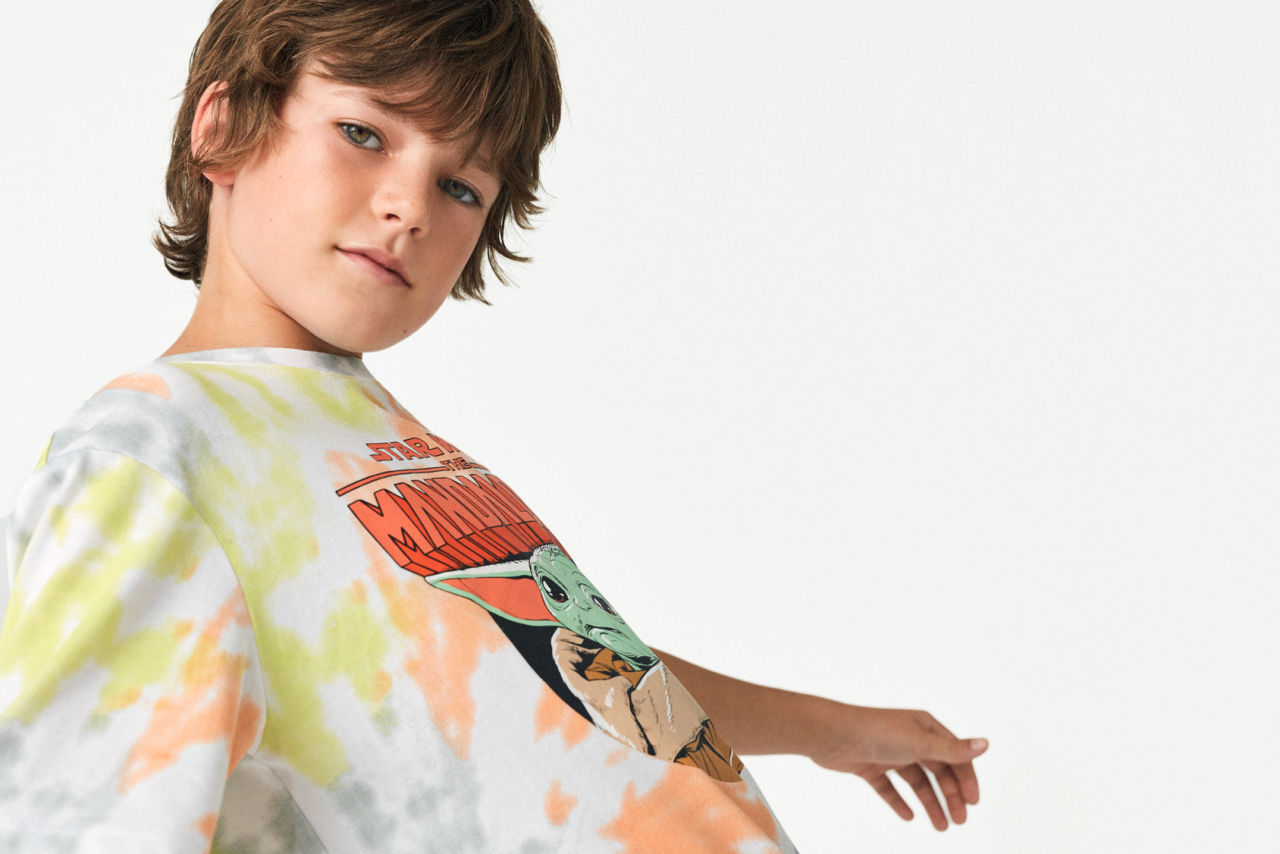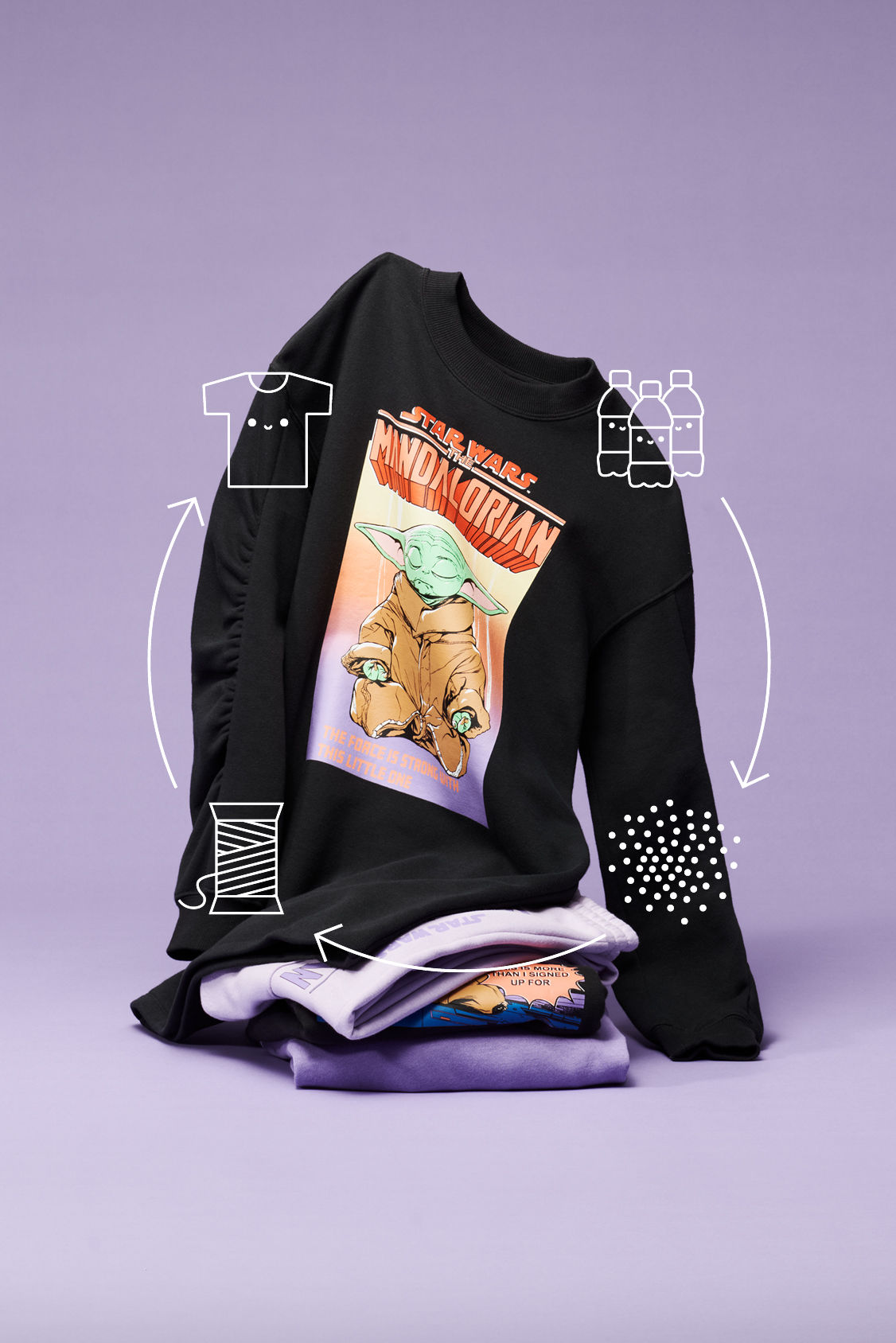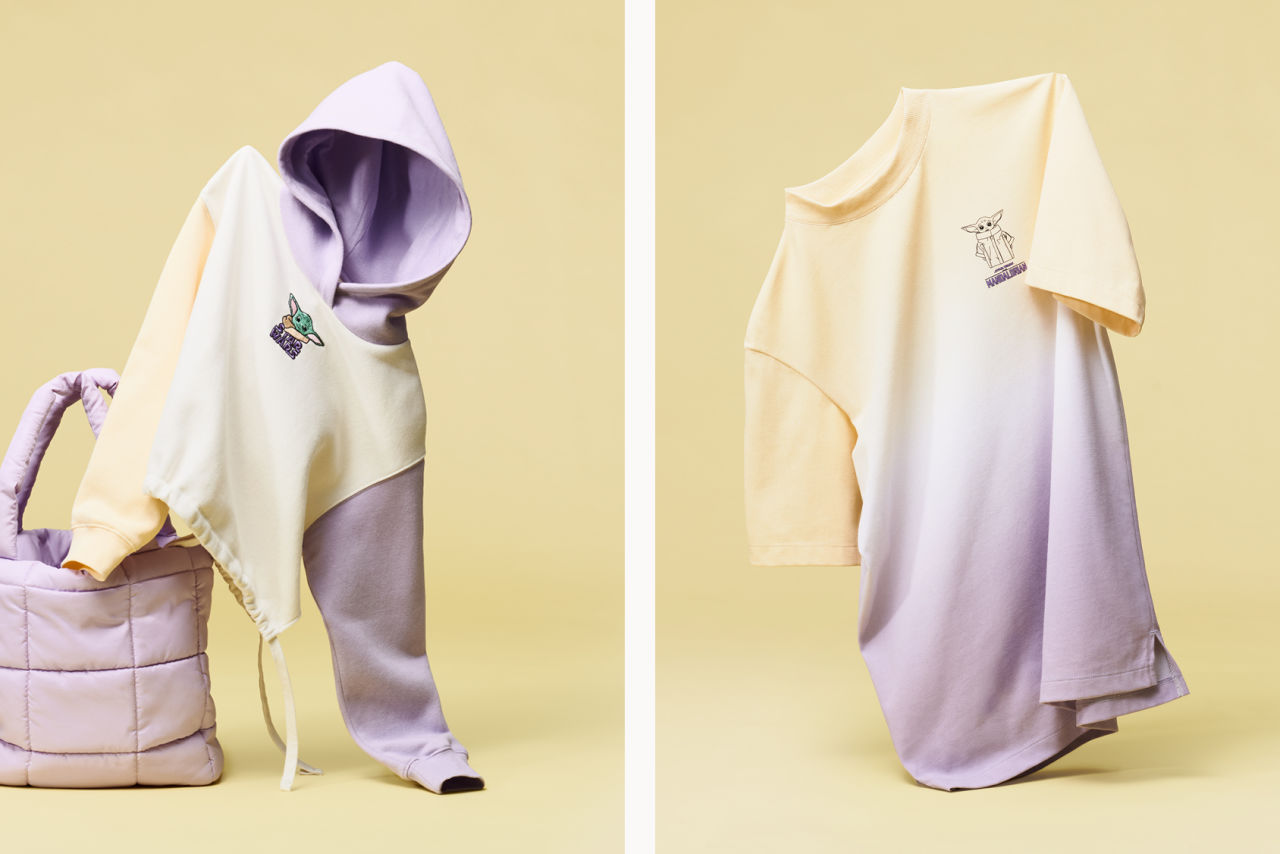
H&M is turning plastic waste from Indonesian islands into everyday fashion
Once again, H&M has teamed up with Danone AQUA for the bottle2fashion project, transforming plastic bottle waste from across the islands of Indonesia into recycled polyester. In 2021 bottle2fashion collected and recycled over 7.5 million PET bottles, more than double the amount from last year (3.5 million)! This collection was made from 663,869 PET bottles. Yep, we counted.
“Bottle2Fashion is a collaborative project for more sustainable production. The idea is to give a second life to the plastic bottle waste,” says Karin Brinck, Sustainability Manager H&M Kidswear. “The project is important in two ways: it supports the Indonesian government’s initiative against marine pollution and enables us to lower the footprint of our garments by using recycled materials.”
To make the recycled polyester, it starts with the collection of PET bottles followed by sorting, cleaning and shredding them into flakes before turning them into fibres. “Recycled materials have several environmental benefits,” explains Brinck. “They stop waste material from going to landfills and reduce the use of virgin raw materials, thus saving natural resources and decreasing the climate impact of our garments. By using recycled polyester from the bottle2fashion initiative for a popular H&M Kids collection, it also highlights how we can normalise the use of more sustainable materials across any collection at H&M.”
The bottle2fashion kids collection is full of everyday pieces with a variety of prints and energetic colours. Modern, cosy and roomy hoodies, trousers, joggers, t-shirts, long-sleeve tops and socks include sports-inspired details, ombre, colour-blocking, marble and tie-dye prints. With a colour palette of lavender, pale yellow, black, grey and lime green, the feel is energetic yet harmonious. Everyday pieces, of course, also mean a lot of wear, and we’re often asked how to take care of them while they’re in the wardrobe — and beyond.
“Choose garments made with more sustainable materials, refresh them in an energy-efficient way (reducing the number of washes is always a good start), maintain them to prolong their lifespan and pass them on or take them to a garment recycling point when they are outgrown. When it comes to microplastics from synthetics, we recommend the use of wash bags to capture as much as possible to prevent water pollution,” says Brinck.
While you can do your part, we have our own part to play, too. By 2030, all materials H&M uses should be recycled or more sustainably sourced. As part of that journey, we also want to increase our use of recycled materials — by 2025, this type of fibre should represent 30% of the raw materials we use in our products.
“We play a huge part, and we want to lead the change towards a more sustainable fashion future. We can and we have to create these collaborations to accelerate the transformation that is crucial for our industry – together with other brands, our suppliers and our customers. I’m proud of the way we collaborate with others to set new industry standards and enable innovative solutions — it’s so inspiring how sustainability topics can open doors and motivate people to team up and be creative in very untraditional ways,” says Brinck.
The collection will be available in stores worldwide from end of December and online from beginning of January.



